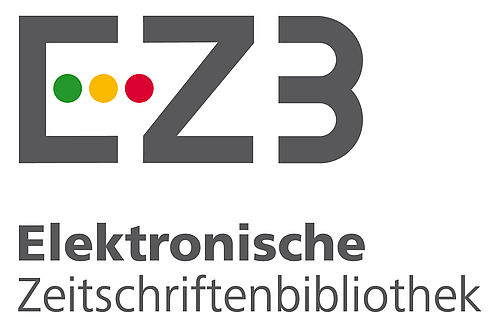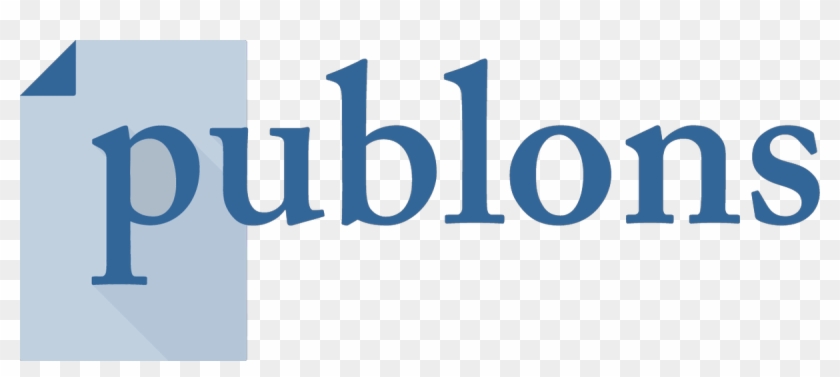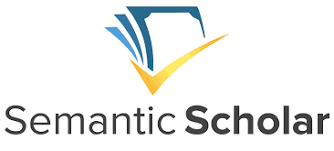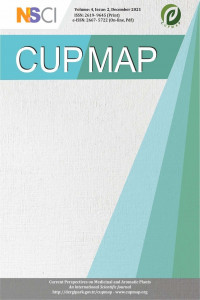Abstract
Coronaviruses are responsible for an increasing economic, social and mortality burden, as the causative agent of diseases such as the severe acute respiratory syndrome (SARS), the Middle East Respiratory Syndrome (MERS) and recently the COVID-19. Existing natural compounds, especially those known for their antiviral activity, may be useful as therapeutic agents against coronavirus infections. This study aims to review the currently available scientific literature on natural substances of plant origin with promising antiviral effects against coronaviruses. PubMed, Science Direct and Biomed Central databases were searched for articles including the keywords "Coronavirus", "SARS-CoV-2" as well as "AlKaloids", "Polyphenols", "Terpenes" and "Secondary metabolites". 145 research articles published between 2003 and 2020 were selected. The majority of the studies on natural substances acting against coronaviruses were performed in the last two years: 2020 (31,72%) and 2021 (60,69%) coinciding with the emergence of the new coronavirus SARS-CoV-2. Most studies were performed by in silico methods with a percentage of 66,67%, 25,45% by in vitro methods and only 7,88% by in vivo tests. Our research resulted in a list of 963 natural substances of plant origin tested against Coronavirus. Polyphenols represent the most tested secondary metabolites against Coronavirus, followed by terpenes and then alkaloids. Quercetin, Catechin, Glycyrrhizin, Kaempferol, Rutin, Curcumin, Myrecitin, Apigenin and Hesperidin were the most cited substances. In the future, we hope that the active ingredients of medicinal plants can be used to treat SARS-CoV-2 infection in humans.
References
- Adem, Ş., Eyupoglu, V., Sarfraz, I., Rasul, A., Zahoor, A. F., Ali, M., . . . Elfiky, A. A. (2021). Caffeic acid derivatives (CAFDs) as inhibitors of SARS-CoV-2: CAFDs-based functional foods as a potential alternative approach to combat COVID-19. Phytomedicine, 85, 153310. doi:https://doi.org/10.1016/j.phymed.2020.153310
- Allam, L., Ghrifi, F., Mohammed, H., El Hafidi, N., El Jaoudi, R., El Harti, J., . . . Ibrahimi, A. (2020). Targeting the GRP78-Dependant SARS-CoV-2 Cell Entry by Peptides and Small Molecules. Bioinformatics and Biology Insights, 14, 1177932220965505. doi:10.1177/1177932220965505
Abstract
References
- Adem, Ş., Eyupoglu, V., Sarfraz, I., Rasul, A., Zahoor, A. F., Ali, M., . . . Elfiky, A. A. (2021). Caffeic acid derivatives (CAFDs) as inhibitors of SARS-CoV-2: CAFDs-based functional foods as a potential alternative approach to combat COVID-19. Phytomedicine, 85, 153310. doi:https://doi.org/10.1016/j.phymed.2020.153310
- Allam, L., Ghrifi, F., Mohammed, H., El Hafidi, N., El Jaoudi, R., El Harti, J., . . . Ibrahimi, A. (2020). Targeting the GRP78-Dependant SARS-CoV-2 Cell Entry by Peptides and Small Molecules. Bioinformatics and Biology Insights, 14, 1177932220965505. doi:10.1177/1177932220965505
Details
| Primary Language | English |
|---|---|
| Subjects | Pharmacology and Pharmaceutical Sciences |
| Journal Section | Review Articles |
| Authors | |
| Publication Date | December 30, 2021 |
| Published in Issue | Year 2021 Volume: 4 Issue: 2 |
-------------------------------------------------------------------------------------------------------------------------------













-------------------------------------------------------------------------------------------------------------------------
 CUPMAP Journal is licensed under a Creative Commons Attribution-NonCommercial-NoDerivatives 4.0 International License.
CUPMAP Journal is licensed under a Creative Commons Attribution-NonCommercial-NoDerivatives 4.0 International License.
-----------------------------------------------------------------------------------------------------------------------------------------
This is an open access journal which means that all content is freely available without charge to the user or his/her institution. Users are allowed to read, download, copy, distribute, print, search, or link to the full texts of the articles, or use them for any other lawful purpose, without asking prior permission from the publisher or the author. This is in accordance with the BOAI definition of open access.


